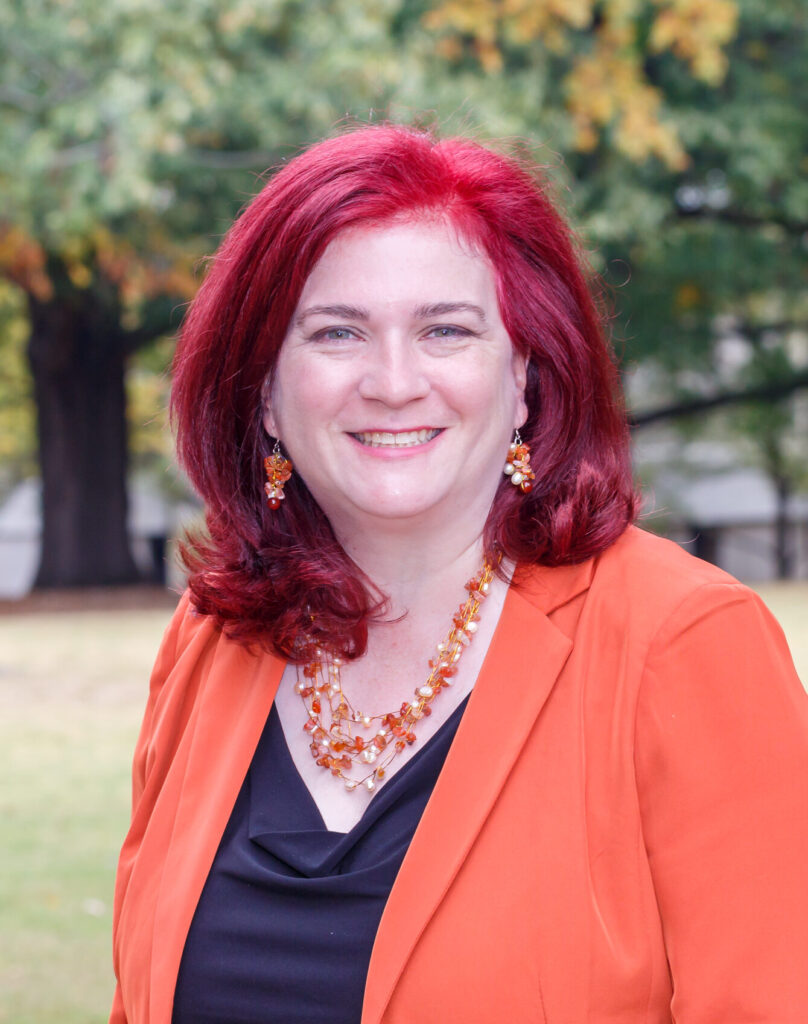Advent: Born to Set the People Free

Micah 4:1-5
In days to come
the mountain of the Lord’s house
shall be established as the highest of the mountains,
and shall be raised up above the hills.
Peoples shall stream to it,
and many nations shall come and say:
‘Come, let us go up to the mountain of the Lord,
to the house of the God of Jacob;
that he may teach us his ways
and that we may walk in his paths.’
For out of Zion shall go forth instruction,
and the word of the Lord from Jerusalem.
He shall judge between many peoples,
and shall arbitrate between strong nations far away;
they shall beat their swords into ploughshares,
and their spears into pruning-hooks;
nation shall not lift up sword against nation,
neither shall they learn war any more;
but they shall all sit under their own vines and under their own fig trees,
and no one shall make them afraid;
for the mouth of the Lord of hosts has spoken.
For all the peoples walk,
each in the name of its god,
but we will walk in the name of the Lord our God
for ever and ever.
This year’s theme, Advent: Born to Set Thy People Free, was inspired by the hymn, “Come Thou Long Expected Jesus.” Written by Charles Wesley almost 300 years ago, the deep longing of these words still stirs hearts today:
“Come, thou long expected Jesus, born to set thy people free;
from our fears and sins release us, let us find our rest in thee.
Israel’s strength and consolation, hope of all the earth thou art;
dear desire of every nation, joy of every longing heart.”
Advent is all about anticipation and joy, but as I write this, my mind is filled with images of war from the news last night. Israel, Gaza, Ukraine…I see homes and hospitals in rubble, photos awash in blood and brokenness. Where is the freedom? Where is the rest and consolation? Yet, even as I grieve, I know these wars grieve God even more. As we enter into this season of anticipation and hope, we know war is not God’s vision for the world. Violence, hatred, manipulation, misinformation—these are not God’s ways or God’s paths.
In Micah, we are reminded of God’s true vision for humanity. God is the arbiter of nations, promising peace where there has been conflict. God will serve as judge and instructor, teaching people a new way. And their swords and spears don’t just disappear, they are re-worked and re-imagined to serve as tangible reminders of God’s plan. Implements of violence are transformed into instruments of growth and creation. Instead of spilling blood into the ground, people will work the soil to bring forth life and beauty. There will be abundance where there once was brokenness. Growth where there had been destruction.
As we sing “…born to set they people free; from our fears and sins release us…,” too often we focus more on being set free from individual sins at the expense of considering what it means to be set free from our communal sins. Micah doesn’t just offer God’s promises, there is also a calling to go forth and learn God’s ways, to walk God’s paths and to “learn war no more.” Where and how can we begin to renounce violence and war in our own communities? What tools of destruction do we need to transform into creating life for others and ourselves? And what lessons are we teaching our children? How are we continuing to teach and learn war?
Micah was a prophet from a small town in an agricultural area. He knew what it meant to work the land, to watch something grow. And he also understood what it meant to suffer through the effects of the wars and the struggles for dominance over land with little power to do anything but witness and call attention to a better way—God’s way.
As we continue through this Advent, may we find ways to “learn war no more” as we seek to learn God’s ways and walk God’s paths. May we serve as witnesses to God’s way, calling out injustice and violence and transforming our tools of destruction into implements of justice, hope, and love.
“Come, thou long expected Jesus, born to set thy people free;
from our fears and sins release us, let us find our rest in thee.
Israel’s strength and consolation, hope of all the earth thou art;
dear desire of every nation, joy of every longing heart.”
Michelle Garber
 Dr. Michelle Brooks Garber serves as the Director of Academic Success and Assessment. A proud “double bear,” she is graduate of both Mercer University’s McAfee School of Theology and Tift College of Education. She wears many “hats” while serving, but her favorite aspects involve helping students find their paths, listening to their stories, and encouraging them on their journeys. Dr. Garber’s greatest joy at McAfee is watching students succeed while demonstrating creativity, persistence, and passion for their callings.
Dr. Michelle Brooks Garber serves as the Director of Academic Success and Assessment. A proud “double bear,” she is graduate of both Mercer University’s McAfee School of Theology and Tift College of Education. She wears many “hats” while serving, but her favorite aspects involve helping students find their paths, listening to their stories, and encouraging them on their journeys. Dr. Garber’s greatest joy at McAfee is watching students succeed while demonstrating creativity, persistence, and passion for their callings.